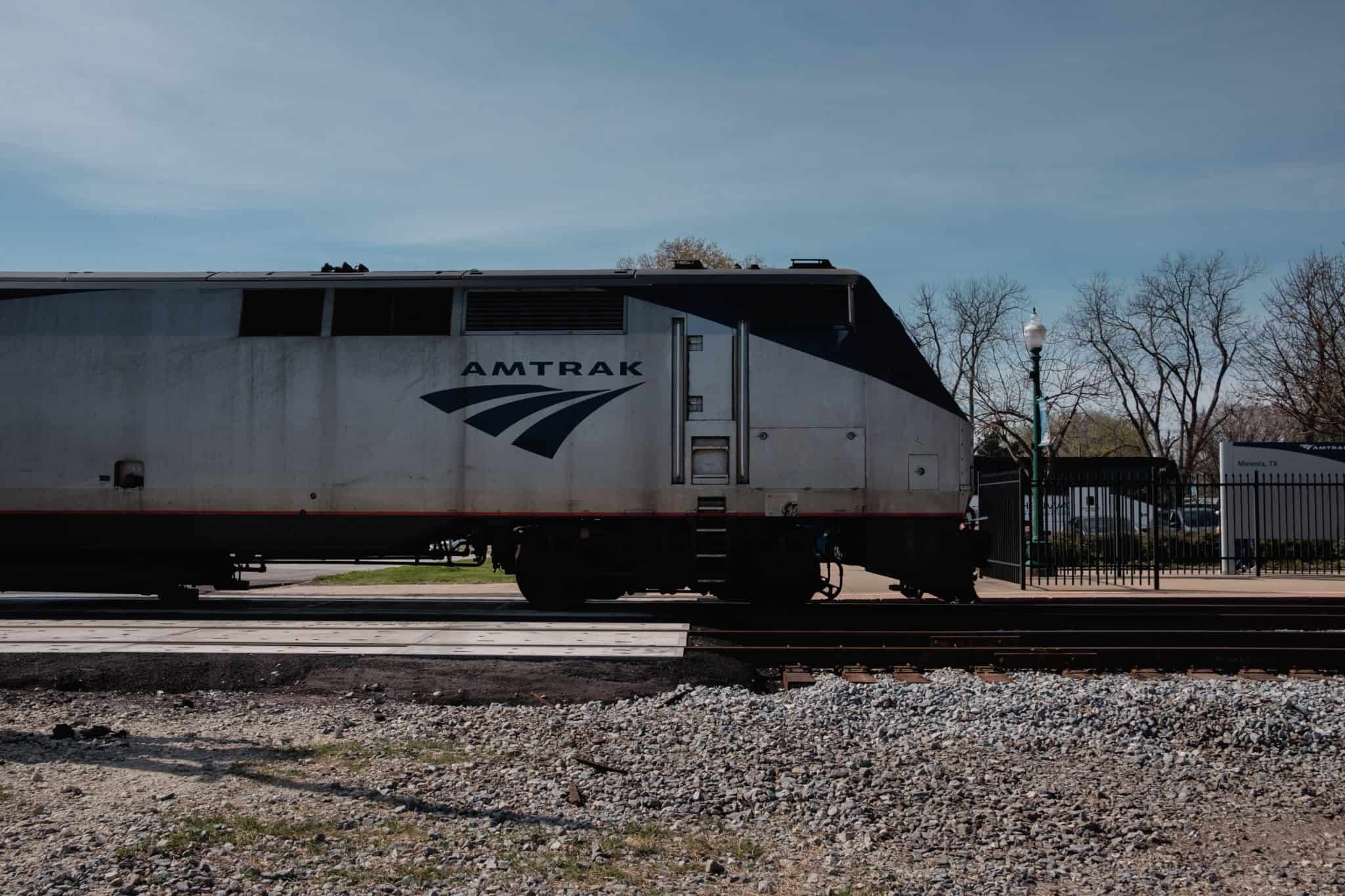Alisha Jarwala is a student at Harvard Law School and a member of the Labor and Employment Lab.
The New York Times reports that the American Federation of Musicians and Employers’ Pension Fund—the largest musicians’ pension plan in the United States—is seeking to cut benefits that have already been earned by thousands of musicians to prevent the plan from running out of money. The plan covers over 50,000 people, including Broadway musicians, orchestra players, and recording artists. Plan officials wrote in an email to participants that without a reduction in benefits, the plan would run out of money entirely in 20 years, which would mean even lower benefits for retirees from the Pension Benefit Guaranty Corporation than currently proposed.
A new campaign spearheaded by the Communications Workers of America is seeking to unionize workers at video game studios. The Los Angeles Times reports that the initiative, called the Campaign to Organize Digital Employees (CODE), grew out of conversations between CWA and grassroots groups who have pushed since 2018 to unionize the $43 billion dollar video game industry. CWA organizer Emma Kinema, hired to lead the push, told the Times that in her experience in the game industry, “people are very bottlenecked by the lack of resources and lack of legal know-how and a lack of funding . . . [but] decades of experience and resources that come from partnering with an organization like CWA can take it to the next level.”
Employees at the Environmental Protection Agency are calling for a “bill of rights” to protect the agency’s scientific integrity. HuffPost reports that employees have demanded that the agency leadership not interfere politically with enforcement duties or research, and are also demanding an increased budget and a new union contract. The American Federation of Government Employees, a union representing 7,500 EPA workers, will start negotiating a new contract this week. AFGE says that 90% of the EPA workers it represents do not trust the agency to bargain in good faith.
Finally, a lawsuit filed against Amtrak argues that the railway company’s mandatory arbitration clause is unconstitutional. Amtrak’s policy prevents passengers and family members from suing if injured or killed in a railroad crash. Lawyers at Public Citizen, who brought the case, have alleged that Amtrak’s arbitration clause forces passengers to give up their First Amendment right to go to court, forces passengers to enter a private arbitration system without constitutional protections, and threatens the integrity of the judicial branch.






Daily News & Commentary
Start your day with our roundup of the latest labor developments. See all
November 27
Amazon wins preliminary injunction against New York’s private sector bargaining law; ALJs resume decisions; and the CFPB intends to make unilateral changes without bargaining.
November 26
In today’s news and commentary, NLRB lawyers urge the 3rd Circuit to follow recent district court cases that declined to enjoin Board proceedings; the percentage of unemployed Americans with a college degree reaches its highest level since tracking began in 1992; and a member of the House proposes a bill that would require secret ballot […]
November 25
In today’s news and commentary, OSHA fines Taylor Foods, Santa Fe raises their living wage, and a date is set for a Senate committee to consider Trump’s NLRB nominee. OSHA has issued an approximately $1.1 million dollar fine to Taylor Farms New Jersey, a subsidiary of Taylor Fresh Foods, after identifying repeated and serious safety […]
November 24
Labor leaders criticize tariffs; White House cancels jobs report; and student organizers launch chaperone program for noncitizens.
November 23
Workers at the Southeastern Pennsylvania Transportation Authority vote to authorize a strike; Washington State legislators consider a bill empowering public employees to bargain over workplace AI implementation; and University of California workers engage in a two-day strike.
November 21
The “Big Three” record labels make a deal with an AI music streaming startup; 30 stores join the now week-old Starbucks Workers United strike; and the Mine Safety and Health Administration draws scrutiny over a recent worker death.